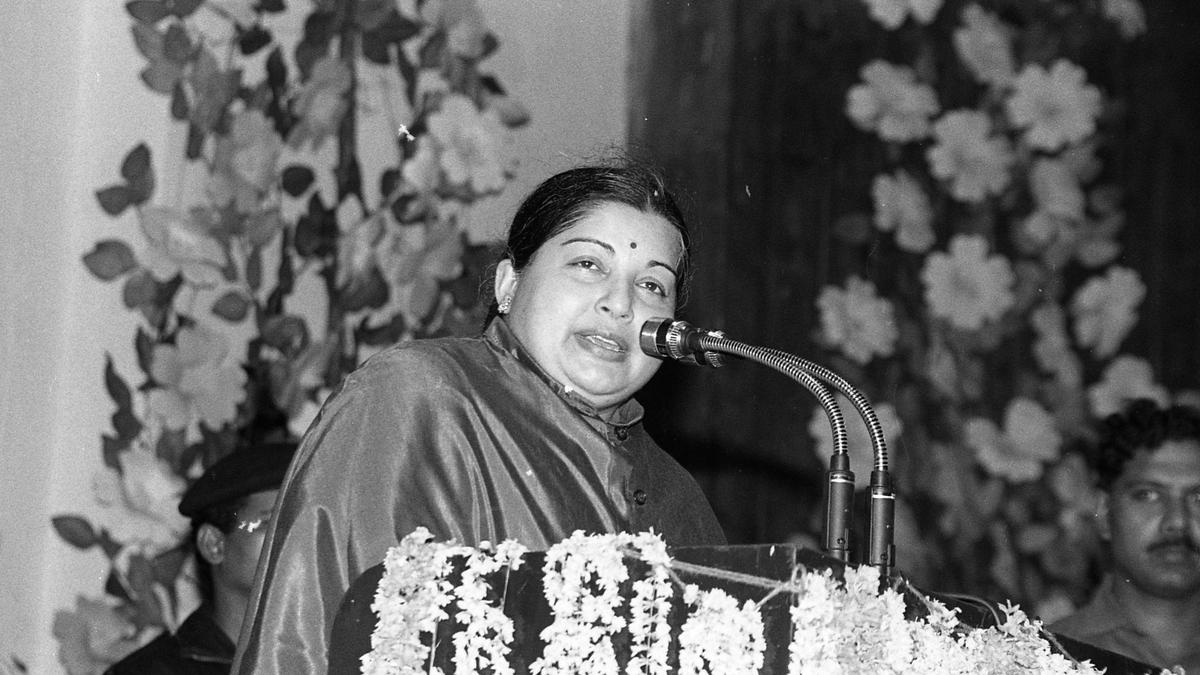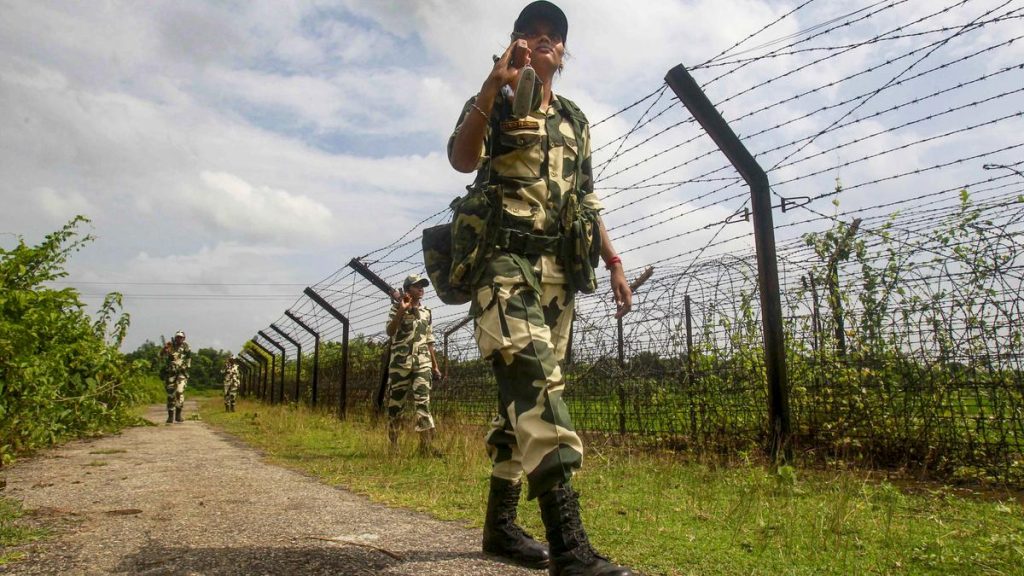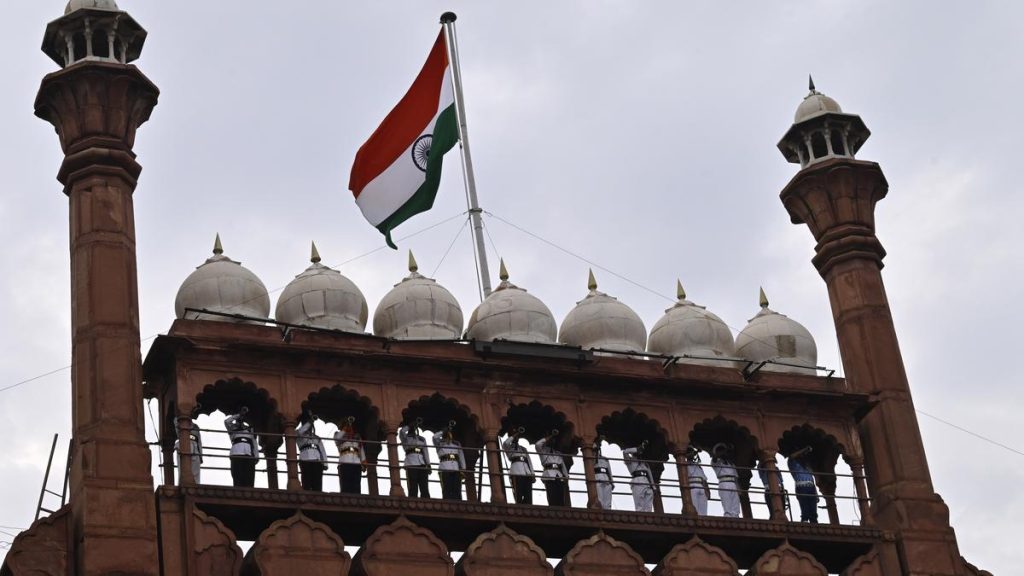Now Reading: Jayalalithaa Defends Use of Controversial Term in Tamil Nadu Assembly Records
-
01
Jayalalithaa Defends Use of Controversial Term in Tamil Nadu Assembly Records
Jayalalithaa Defends Use of Controversial Term in Tamil Nadu Assembly Records

Quick Summary
- Discussion reignited over former Tamil Nadu Chief Minister J. Jayalalithaa’s caste almost nine years after her passing.
- VCK leader thol. Thirumavalavan alleged that AIADMK founder M.G. Ramachandran facilitated the entry of a Brahmin (jayalalithaa) into the Dravidian movement.
- During Jayalalithaa’s early political career in the AIADMK, she faced criticism from opponents over her caste origins.
– in 1991, she publicly declared in the legislative Assembly: “Naan pappathi thaan (I am a Brahmin woman).”
– Despite campaigns targeting her identity, she maintained strong public support and dismissed caste-based attacks by DMK leaders as attempts to derail governance and incite communal hatred.
- The DMK’s anti-Brahmin rhetoric dominated Tamil Nadu’s political discourse during this period but failed to undermine Jayalalithaa’s leadership or electoral performance.
Indian Opinion Analysis
The revival of discussions around Jayalalithaa’s caste underscores how identity politics has historically shaped Tamil nadu’s political landscape. At its core lies a tension between Dravidian ideologies, which predominantly challenge upper-caste hegemony, and figures like Jayalalithaa who navigated these spaces despite vocal criticism based on their lineage.Her resilience suggests that voters valued governance over identity markers during her tenure.
For contemporary relevance, these debates caution against politicizing personal identities at the cost of constructive statecraft-a reminder that divisive approaches can alienate rather than unify constituencies. The implications may go beyond Tamil Nadu as regional movements across India grapple with balancing cultural legacies and inclusive politics.
Read more: Link






















